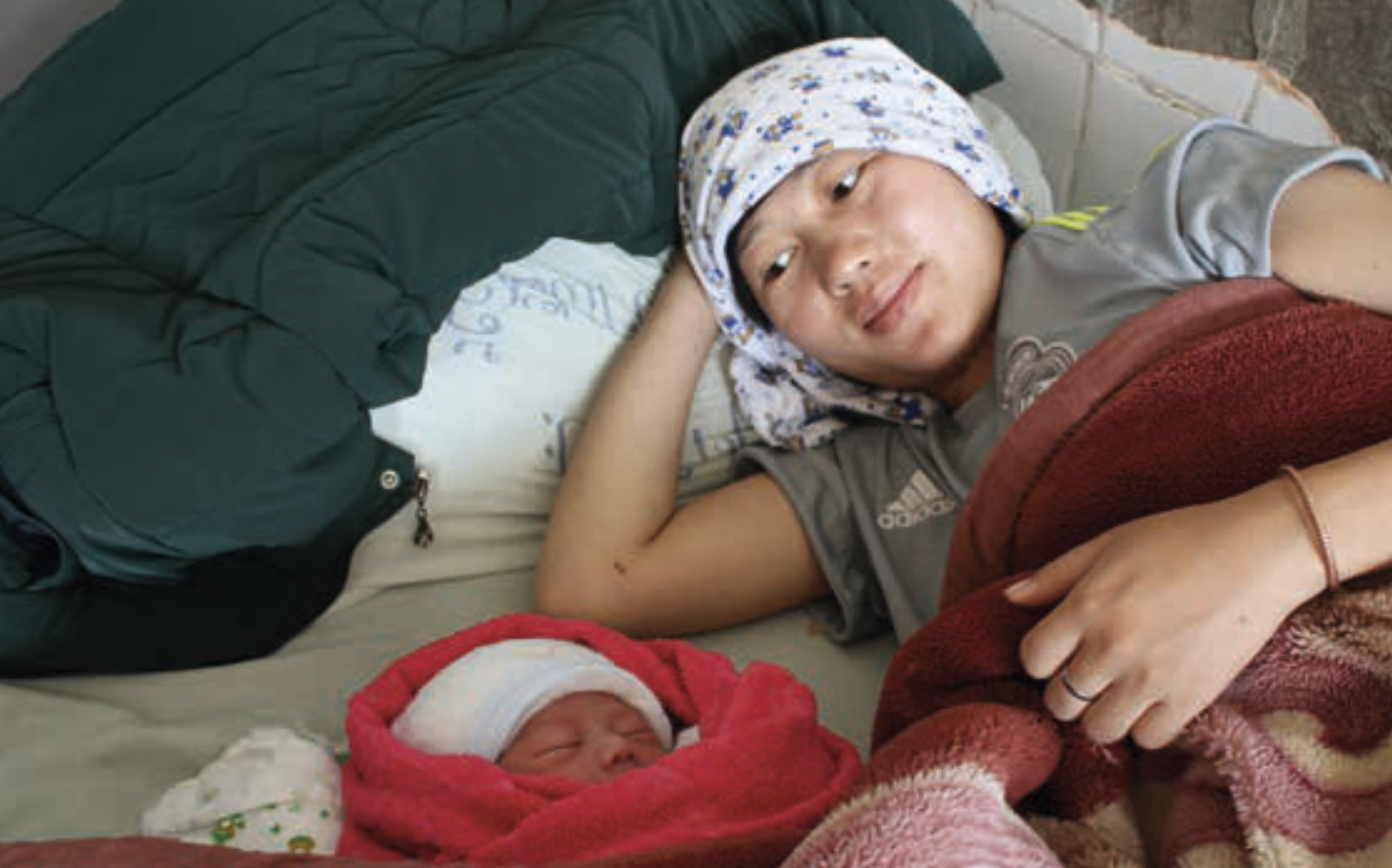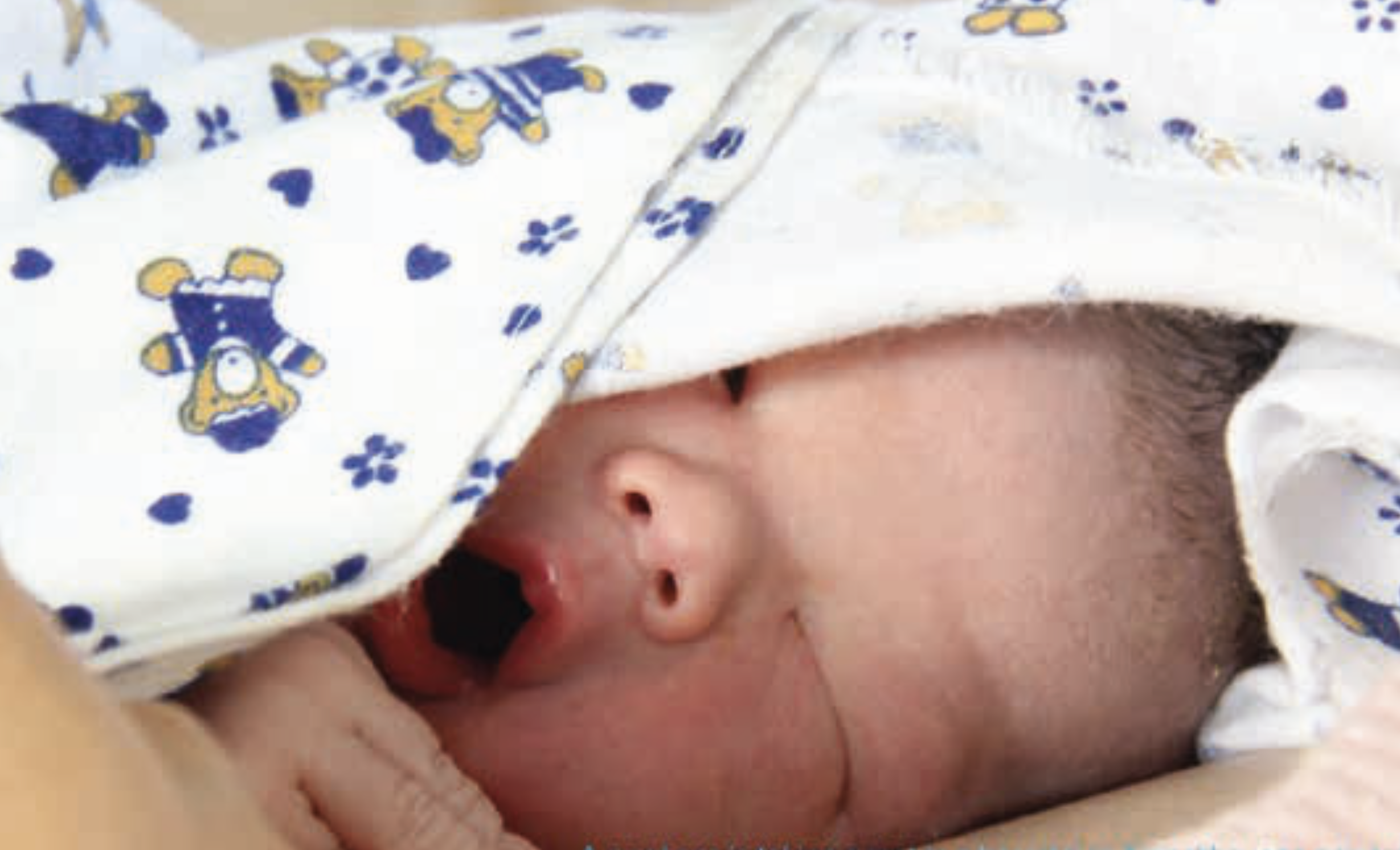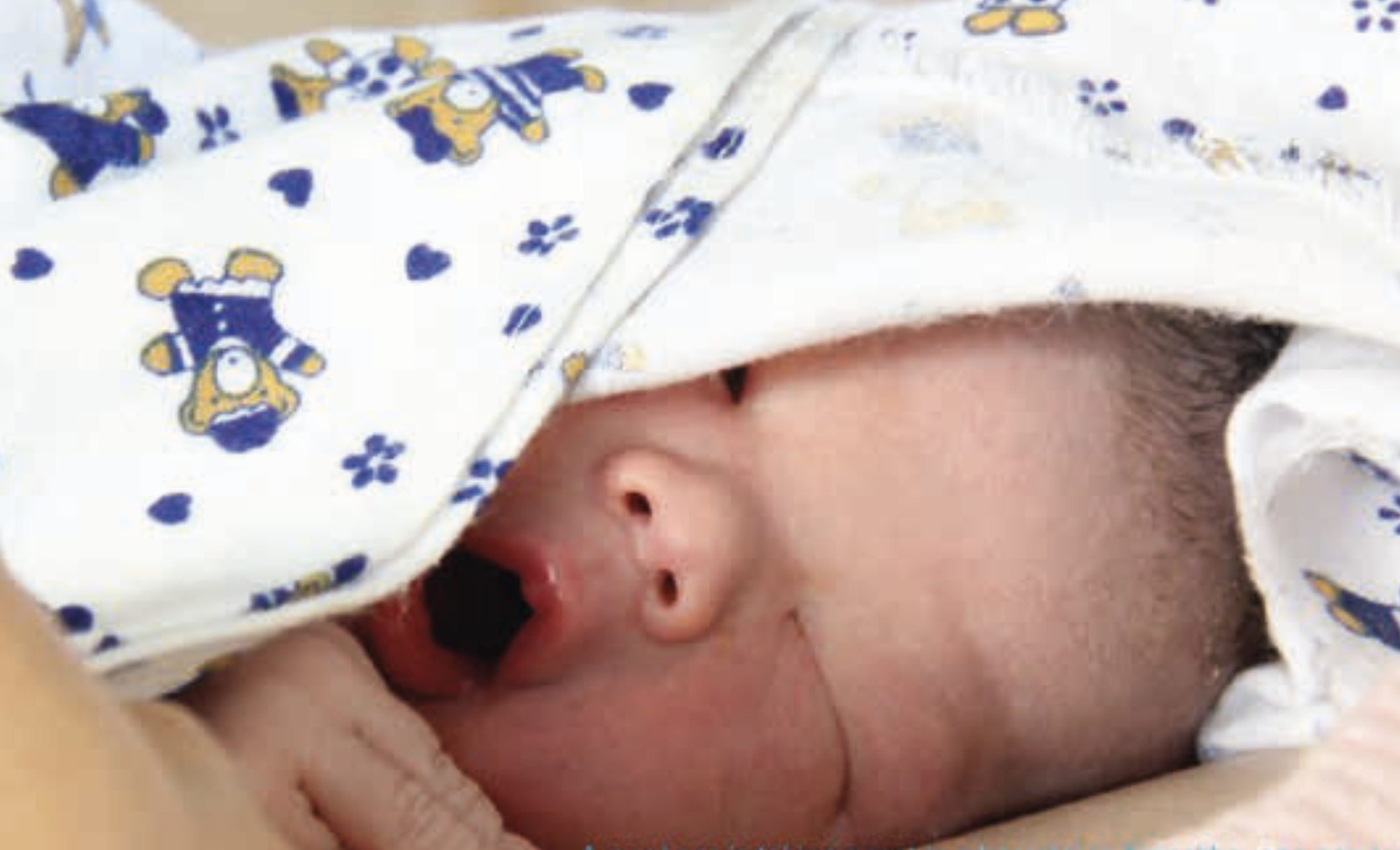 Social Return on Investment in Maternal Health
Applying SROI methodology to the institutional capacity development of Lao PDR’s maternal health programme
Social Return on Investment in Maternal Health
Applying SROI methodology to the institutional capacity development of Lao PDR’s maternal health programme

Challenges
In recent decades, Thailand’s international development cooperation efforts have progressed considerably. UNFPA has supported the government to take a leading role in subregional, regional and global initiatives to exchange success- ful experiences and technical knowledge, especially on maternal health care and services. The Thailand Maternal Health Programme is globally recognized for its successful efforts to significantly reduce maternal mortality. With a rate of 24.6 maternal deaths per 100,000 live births, Thailand is already considerably below the Sustainable Development Goal target of 70 deaths per 100,000 live births.
For UNFPA, changes in the funding structure of the country programme in Thailand underscore the imperative to pursue more multilateral partnerships and co-financing. The programme aims to advocate for mobilizing resources for South-South Cooperation projects, including with civil society networks and pri- vate sector firms in Thailand and other countries.
Towards a Solution
To address issues of cost-effectiveness and programme impact, the Thailand International Cooperation Agency (TICA) and the United Nations Population Fund (UNFPA) started a collaboration to measure Social Return on Investment (SROI) with a view to demonstrating value for money and how that evidence can be used to mobilize additional resources.
For this specific case study, the midwifery programme in Lao PDR was selected for analysis with support from the Lao PDR government, TICA and UNFPA who had jointly invested in comprehensive programme management. The analysis included unpacking programme design, needs assessment, planning and imple- mentation, monitoring and evaluation processes.
Concerted collaboration on the human resources component of the mid- wifery programme in Lao PDR began in 2015 with a needs-based pro- spectus tailoring the initiative to national priorities. Between 2015 and 2017, through government cost-sharing, human resource skills and sys- tems were improved. Participatory curricula were developed for human resource professionals, including a four-month course for 11 managers of midwifery schools and colleges and six-months of training for two groups of 52 midwifery educators from all 11 midwifery educational institutions. Monitoring and evaluation were undertaken periodically to adjust activities based on needs and demands. Lao’s high-level officials made a study visit to Thailand to learn about its nurse midwifery systems and maternal health programme. The Faculty of Nursing at Thailand’s Khon Kaen University became a major source of technical advice.
This analysis found a significant and substantial return of investment from the programme. The total investment of US$ 450,000 created a social value of nearly $ 1.8 million. Each dollar invested generated nearly four additional dollars. This value stemmed from 93 percent of trained Laos participants had increased self-confidence in the midwifery profes- sion, 63 percent had greater capacity to contribute to their institutions, 29 percent had better job prospects and 24 percent had better abilities to contribute to their community.
The SROI further confirmed that the South-South Collaboration equipped midwifery educators in Lao PDR with knowledge and exper- tise in line with international standards. Nursing and midwifery institu- tions benefited greatly from improved skills and staff quality, and many innovations emerged. More specifically, the following initiative elements were highlighted and considered valuable: 1) the work with medical doctors to train midwives at health centres and district hospitals; 2) the exchange of teachers; 3) an exclusive breastfeeding project; 4) educa- tional videos and micro teaching; and 5) a network of competent teach- ers. This latter network helped to stimulate interactions and provide technical updates among trained midwifery teachers, regular sharing of good practices and a collective approach to finding solutions and rec- ommendations to strengthen policies on midwifery education.
The principles and methodology of SROI provides a more comprehen- sive and participatory framework than traditional cost-benefit analysis and applies financial proxies to measure socioeconomic outcomes. By investigating the views of multiple stakeholders in an easy-to-under- stand financial ratio, the framework made a convincing case for the value of the midwifery programme, shedding light on the social value created for each dollar invested. The SROI exercise drew on quantitative analysis of surveys and key informant interviews in order to probe the cost-effec- tiveness of the initiative and the value provided to different stakeholders and beneficiaries. Close coordination with key partners using a combina- tion of meetings, interviews and a series of questionnaires helped ensure that stakeholders were in agreement with the SROI results.
The compelling findings of the SROI analysis provided TICA, UNFPA and the government of Lao PDR evidence to recommend continued invest- ments in midwifery educators and institutional capacity development. Since the South-South model is effective and makes efficient use of Thailand's existing expertise as well as financial resources, it has poten- tial over time to deliver long-term and sustainable results in a number of areas, not only in maternal health, but more broadly, in and sexual and reproductive health.
The SROI analysis done on Lao PDR serves as a solid basis for applying the SROI methodology for maternal health programmes in the region. Similar South-South Cooperation initiatives in maternal health are cur- rently being explored with other countries in the region, such as Bhutan and Timor Leste.
Contact Information
Countries involved
Supported by
Implementing Entities
Project Status
Project Period
URL of the practice
Primary SDG
Secondary SDGs
Similar Solutions
| NAME OF SOLUTION | Countries | SDG | Project Status | |
|---|---|---|---|---|
A Billion Brains: Smarter Children, Healthier Economies High Level Meeting on South-South Cooperation for Child Rights |
Lao People’s Democratic Republic, Thailand | 17 - Partnerships for the Goals | Completed | View Details |
Accelerating the Implementation of African Union Treaties in São Tomé and Príncipe South-South learning from the Beninese judicial system’s experience in the application of human rights treaties to its national law |
Lao People’s Democratic Republic, Thailand | 05 - Gender Equality | Completed | View Details |
Accelerating the Transformational Shift to a Low-Carbon Economy in Mauritius Towards supplying 35 percent of the country’s energy needs with renewables by 2025 |
Lao People’s Democratic Republic, Thailand | 05 - Gender Equality 09 - Industry, Innovation and Infrastructure 13 - Climate Action | Ongoing | View Details |
Accelerator Labs Network Following collective intelligence methods to address emerging sustainability challenges and the growing demand for local solutions |
Lao People’s Democratic Republic, Thailand | 08 - Decent Work and Economic Growth 13 - Climate Action | Ongoing | View Details |
Access to Justice through e-Services and Dematerialized Case Management Scaling up connectivity and unlocking the digital potential of judicial institutions to enhance access to justice for all |
Lao People’s Democratic Republic, Thailand | 05 - Gender Equality | Completed | View Details |


